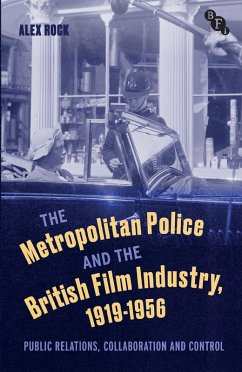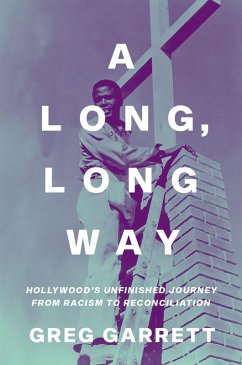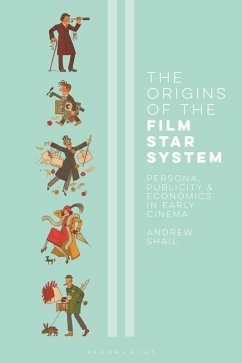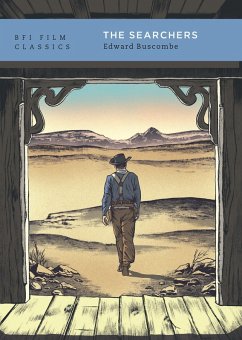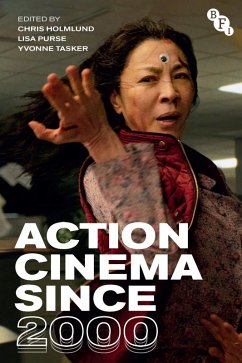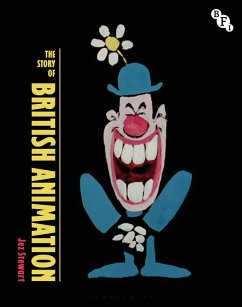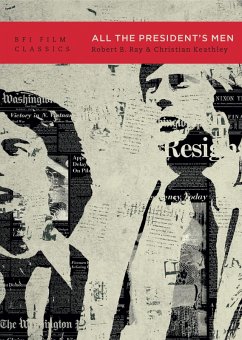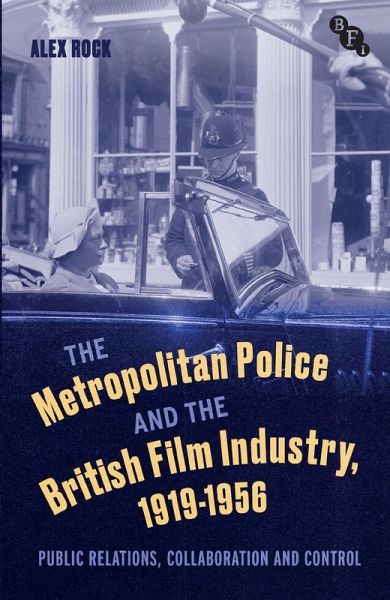
The Metropolitan Police and the British Film Industry, 1919-1956 (eBook, PDF)
Public Relations, Collaboration and Control
Versandkostenfrei!
Sofort per Download lieferbar
70,95 €
inkl. MwSt.
Weitere Ausgaben:

PAYBACK Punkte
35 °P sammeln!
This groundbreaking book investigates the murky relationship between the Metropolitan Police Press Bureau and the British film industry, shedding new light on police-media relations. Beginning with the culture of suppression during the interwar period, when retired police inspectors were threatened with loss of pension should they become involved with the film industry, the relationship shifted when a forgotten pioneer of public relations, Percy Fearnley, was appointed to the role of Metropolitan Police Public Information Officer in 1945. Fearnley was the first-ever journalist to take up this ...
This groundbreaking book investigates the murky relationship between the Metropolitan Police Press Bureau and the British film industry, shedding new light on police-media relations. Beginning with the culture of suppression during the interwar period, when retired police inspectors were threatened with loss of pension should they become involved with the film industry, the relationship shifted when a forgotten pioneer of public relations, Percy Fearnley, was appointed to the role of Metropolitan Police Public Information Officer in 1945. Fearnley was the first-ever journalist to take up this role and, through him, the Metropolitan Police embarked on a series of collaborations with the highest echelons of postwar British cinema, including J. Arthur Rank, Ealing Studios and Gainsborough Studios. Using newly-declassified internal Metropolitan Police and Home Office correspondence, Alexander Charles Rock tells the story of the Metropolitan Police's project to manipulate the British film industry into producing propaganda under the guise of mainstream entertainment cinema. In doing so he offers a radical re-reading of the context of production of a number of canonical British films such as The Blue Lamp (1950), I Believe In You (1952) and Street Corner (1953).




